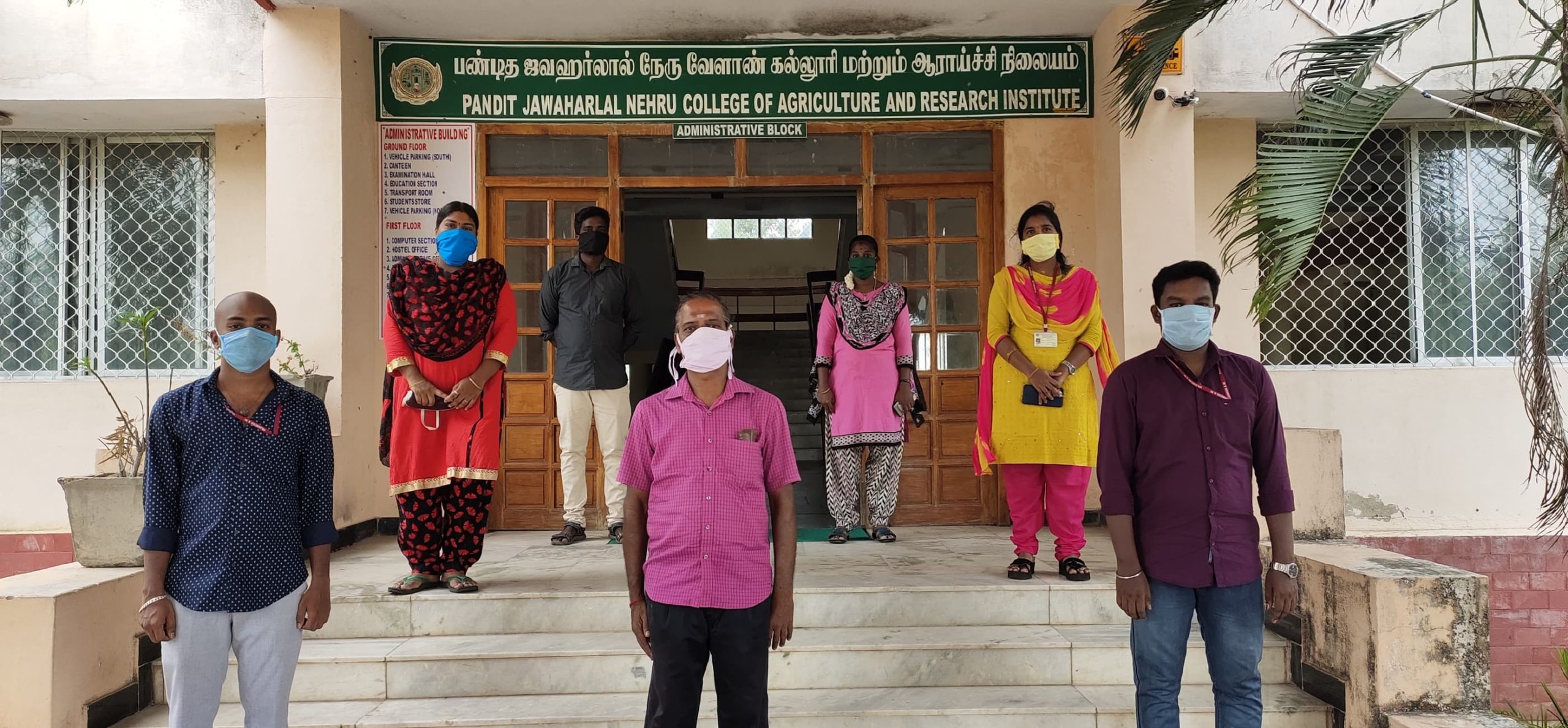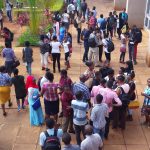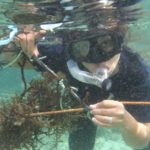
Supporting research and knowledge in a pandemic
As we begin a new year with an uncertain situation continuing around the world, John Young reflects on the year that has passed and on what we can learn from the unexpected way that the year unfolded.
Last year was certainly unusual, with the COVID-19 crisis changing circumstances for billions around the world. It has hit the UK, where many of the INASP team are currently based, hard. It was also a catalyst, along with underlying political trends, for development budget cuts and redefined development funder priorities around the world.
The COVID-19 crisis has had a major impact on our work, as we reflect in our latest annual review.
At the beginning of 2020 we launched a new strategy. When we were developing this strategy over the course of 2019, we envisaged a future scenario where we would be travelling less and working more in partnership with Southern partners to help “unleash the talent” and work towards “more equitable knowledge ecosystems”.
We did not expect that scenario to happen so quickly or dramatically or that we would be working entirely virtually from March 2020. It has been encouraging to see how well INASP staff and partners have been able to work together from our homes, although we are missing the dynamism that comes from working together in a shared space.
For our Southern university partners, the impact of COVID-19 has been particularly significant. Many university staff and especially university students rely on their university internet access, and university libraries to access resources, which they have lost through lockdowns. And we hear from researchers about enhanced challenges in doing their work, with the pandemic widening the inequities that already exist, for example with gender gaps, an area that we were already focused on and have been particularly exploring with partners in Ethiopia and Uganda.
But, despite the many challenges of the past year, there were some great highlights. An entirely virtual workshop at the Development Studies Association Conference in July brought together far more participants from far more countries than would have been possible physically. This helped us to have a great discussion on digital approaches to help researchers in the network make more use of their own and others’ research to solve local challenges.
The Transforming Employability for Social Change in East Africa (TESCEA) partnership, which is introducing critical thinking skills into four universities in Uganda and Tanzania, pivoted entirely to online working, and has developed an approach and an online course and set of resources so the approach can be replicated by others.
We have learned to do things online, that we would usually have done via face-to-face workshops like developing a Theory of Change and running curriculum development workshops. And we have recently set up a series of free-to-participants online self-study tutorials on working online and other key skills.
We have also engaged in new projects, for example helping Research4Life understand the impact of the information access initiative on users and supporting an adolescent health project in Northern Nigeria to improve the connections between researchers and policymakers. The Strengthening the Use of Evidence for Development Impact (SEDI) programme, in which INASP is leading on capacity development approaches, has moved on to implementation phase.
And the covid lockdown has the glimmer of a silver lining. Since Northern researchers involved in Southern research are unable to travel, Southern researchers are just getting on with it alone, and many exciting innovations are emerging. It is accelerating a reshaping of relationships and responsibilities between Southern and Northern research organisations, which is long overdue.
We hope you enjoy reading our latest annual review. If you have any questions or comments, we would love to discuss them with you further. Please do contact us at info@inasp.info or take a look at our staff page for contact details of specific people. We look forward to working together more as 2021 progresses.
Cover photo: Pouchepparadjou Anandan and colleagues who are conducting a crop estimation survey in India. Pouchepparadjou Anandan was a participant in one of last year’s AuthorAID online research writing courses.

 Previous Post
Previous Post Next Post
Next Post


